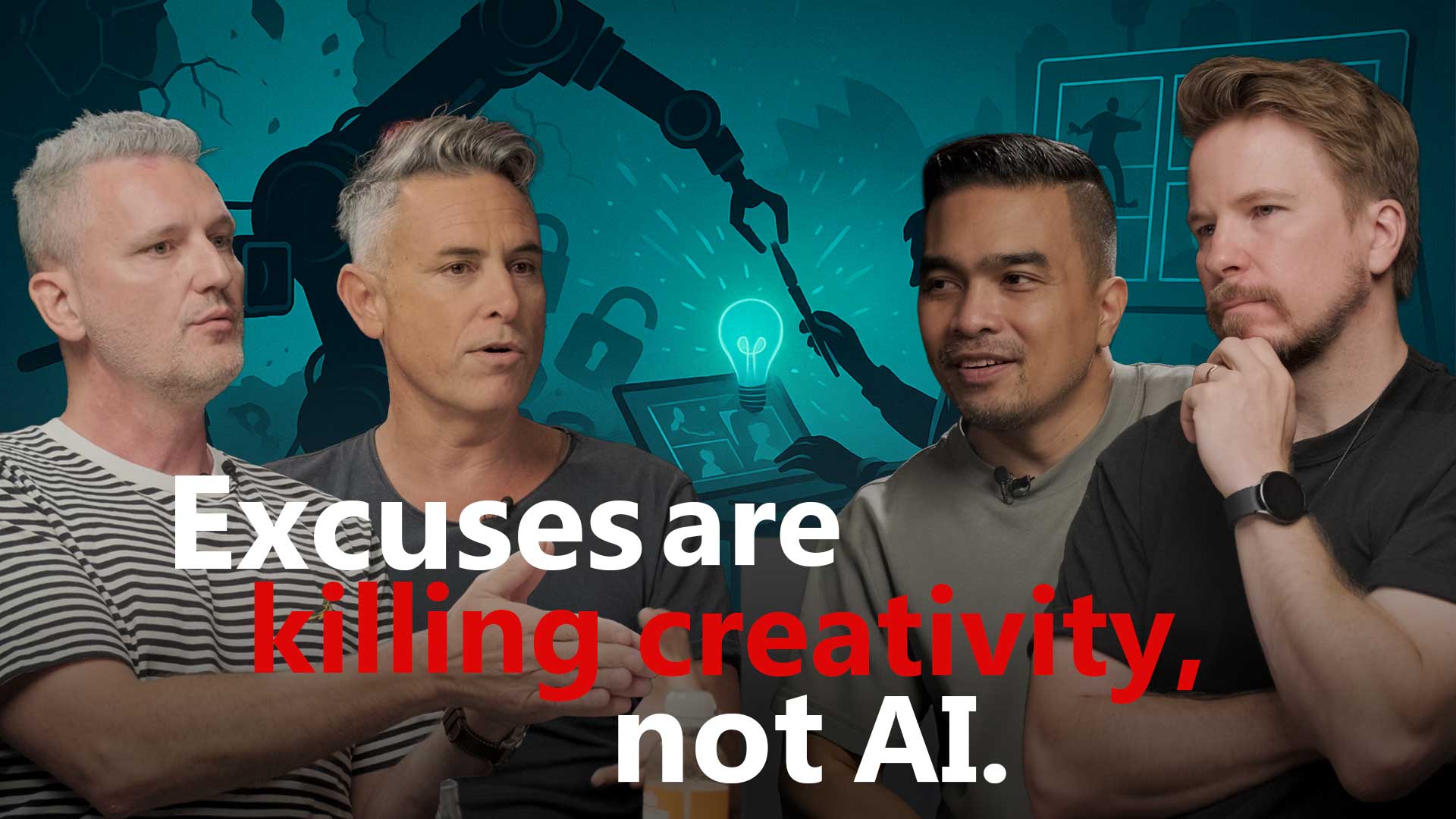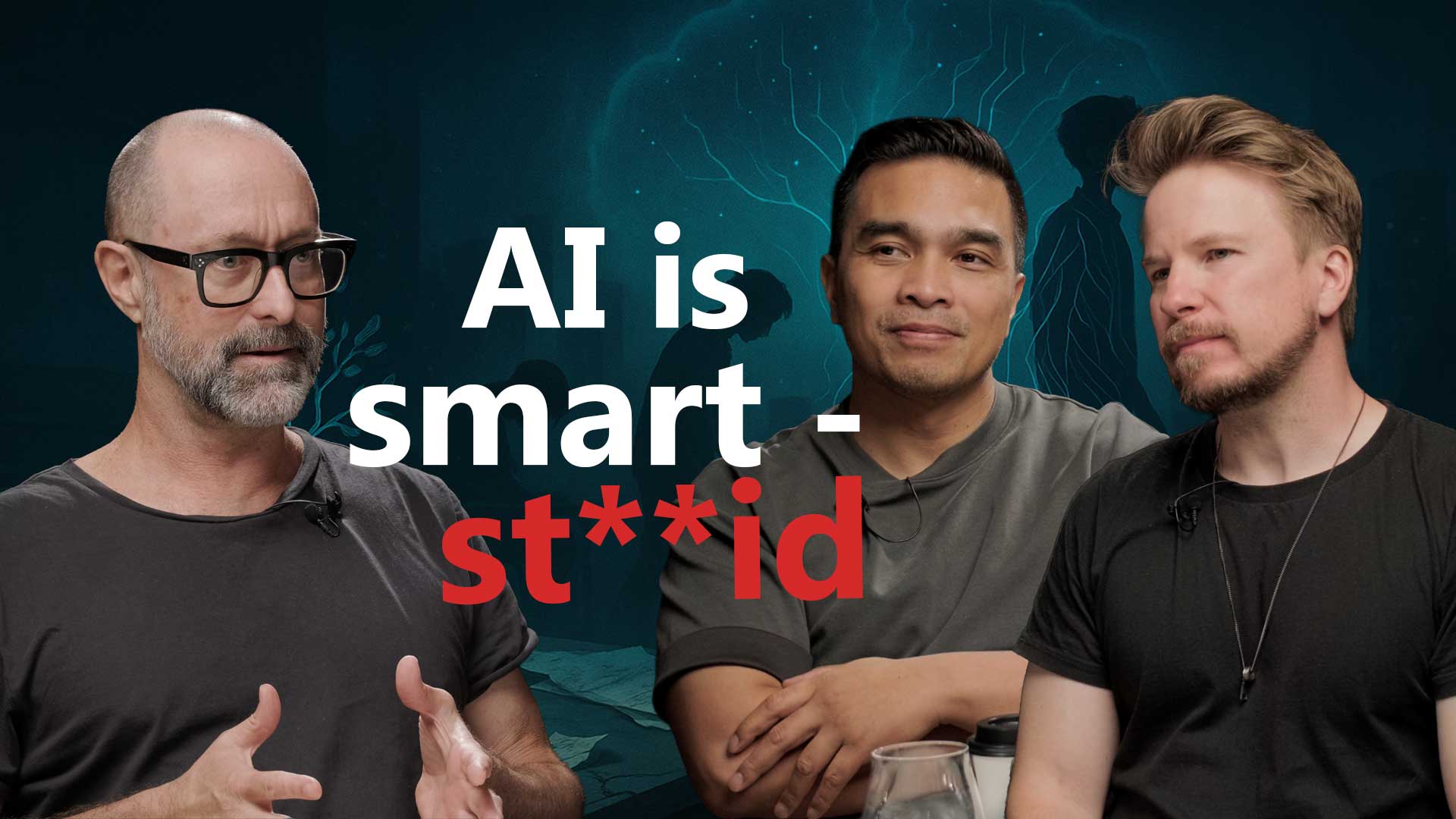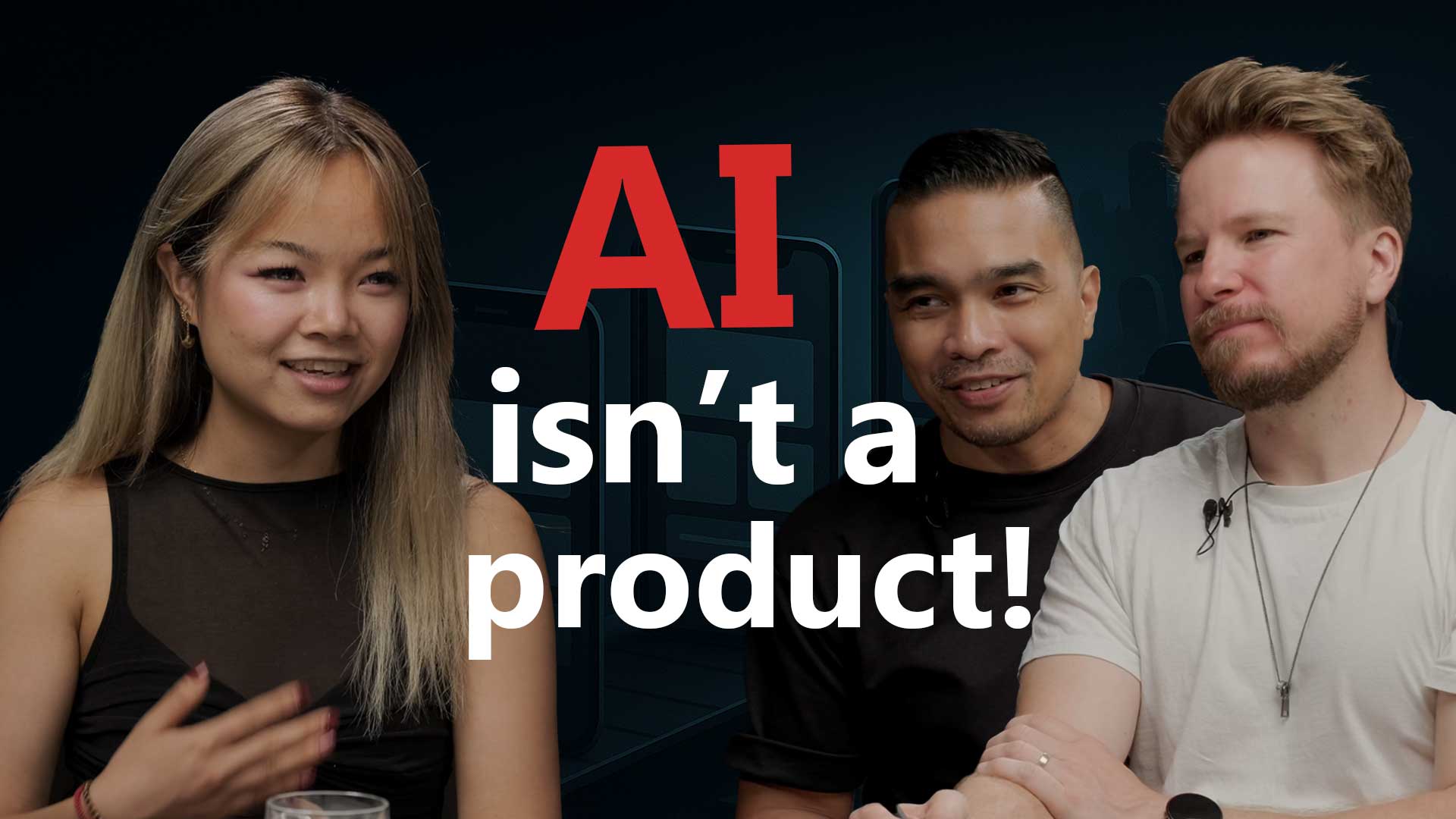Can AI help understand our emotional state? Nicole Gibson, founder of Love Out Loud and co-founder of inTruth, shares how a recovery journey became a product mission, and how she’s using AI in mental health to scale evidence-based impact, leadership, and a love-led culture.
Watch for:
From anorexia recovery to national advocate → AI product leader
The origin of Love Out Loud and community design that changes behaviour
inTruth: AI ethics, data consent, and measurable outcomes in mental health
Product mindset for founders: ICP clarity, tight feedback loops, and validation before code
Language, rituals, and narratives that convert without sensationalising trauma
Practical advice for young leaders on purpose, pressure, and burnout
🎙 Guest: Nicole Gibson — founder, author, former National Mental Health Commissioner; Love Out Loud, inTruth
👥 Hosts: Chris & Mark — Digital Nexus Podcast (Australia)
👉 Subscribe for founder stories from Australia’s AI ecosystem
👉 Share this with someone building in health, education, or social impact
Chapters
00:00 From Rogue & Rouge to Love Out Loud, Nicole’s Mission
05:30 Overcoming Anorexia: Nicole’s Turning Point
10:59 Building Love Out Loud: From Grassroots to Movement
16:28 Healing Mental Health: Shame, Support, Recovery
21:56 Inside Eating Disorder Recovery: What Actually Helps
27:27 Trauma, Belonging & Community Healing
32:57 The Philosophy of Love Out Loud (Connection over Fear)
38:26 inTruth by Nicole Gibson, Building a Trust Layer
43:55 Compassion in Practice: Everyday Mental Health Tools
49:25 inTruth in Action: Authenticity, Privacy & Safety
54:55 Advice to Young Women: Finding Your Voice
1:00:24 Founder Journey: Building Movements, Not Just Startups
Links & Mentions
Nicole Gibson — Love Out Loud / inTruth https://intruth.io/
Digital Nexus Podcast — Chris & Mark (Australia) https://www.digitalnexuspodcast.com/
Tools & topics: AI for mental health, ethical AI, customer validation, product mindset
Why this matters
If you’re a founder, designer, clinician, or policy maker, this episode is a practical blueprint for building ethical AI in mental health with real-world outcomes — from research and validation to community design and leadership.



